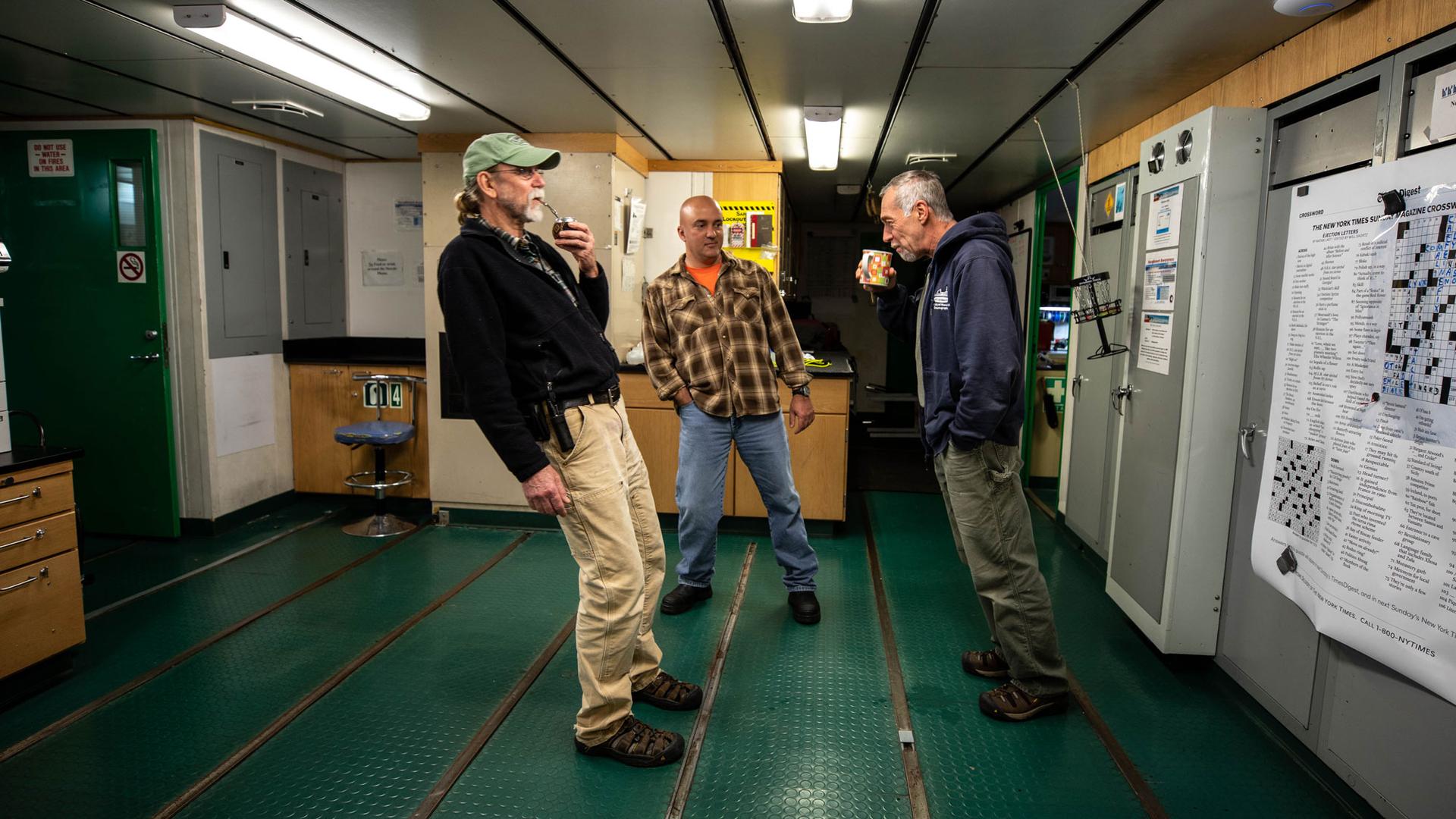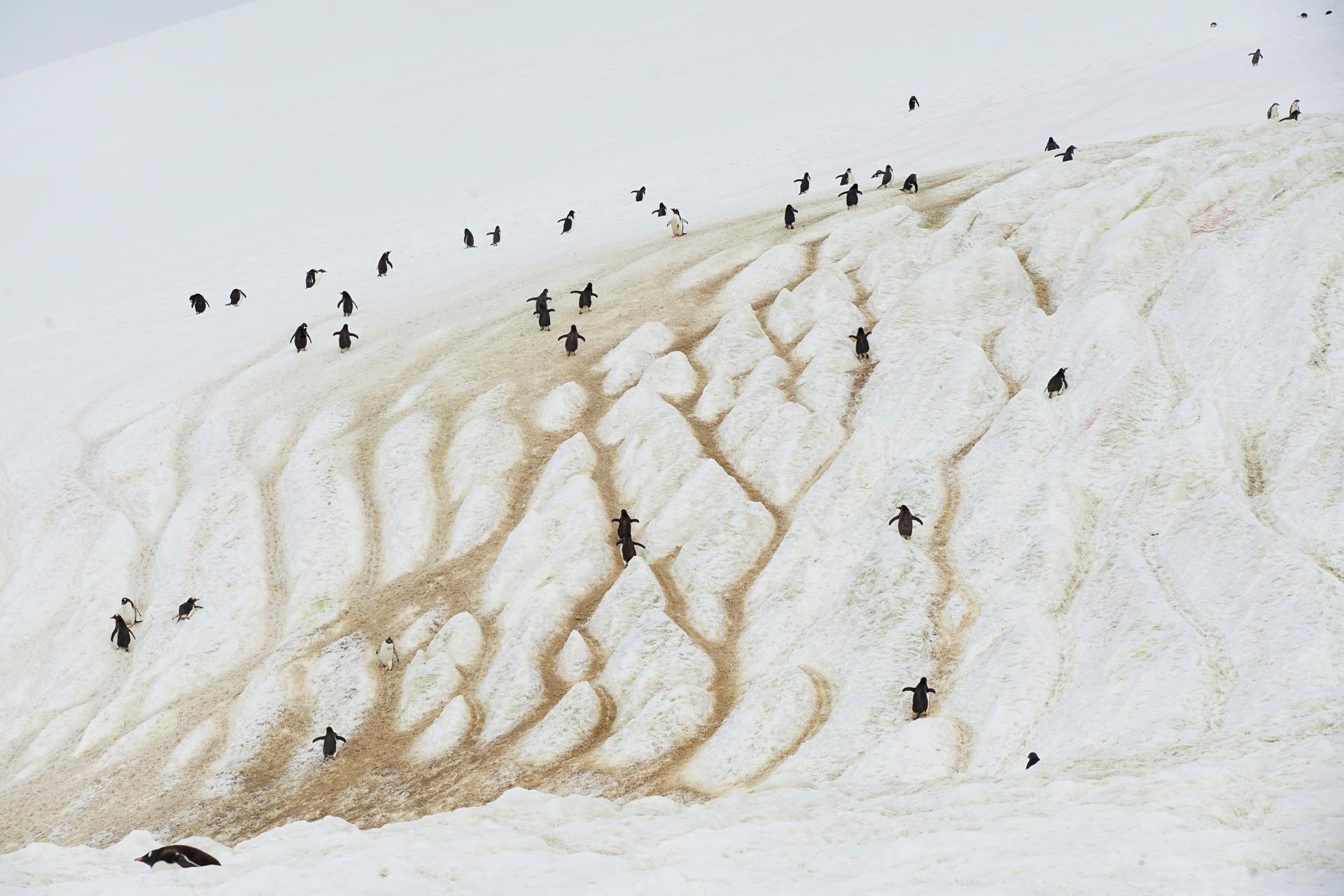Antarctic region
We want to hear your feedback so we can keep improving our website, theworld.org. Please fill out this quick survey and let us know your thoughts (your answers will be anonymous). Thanks for your time!
Antarctic Dumping Grounds
Researchers at the South Pole have been careless with their trash and sewage for decades. But a new international treaty is forcing the scientists to straighten up. Living on Earth’s Terry Fitzpatrick visited the U.S. facilities in January of 1996 and this week we continue our encore presentation of his series of reports from the […]
Antarctica Series, Part 2: Clean-Up Time
The otherwise pristine waters around Antarctica have been a garbage and waste dumping ground for scientific researchers based there for years. Now researchers are working to clean-up their acts as they go. Terry FitzPatrick continues with his 4-part Antarctica series, having recently traveled there for Living on Earth.
Subscribe to The World’s Latest Edition podcast for free using your favorite podcast player:

